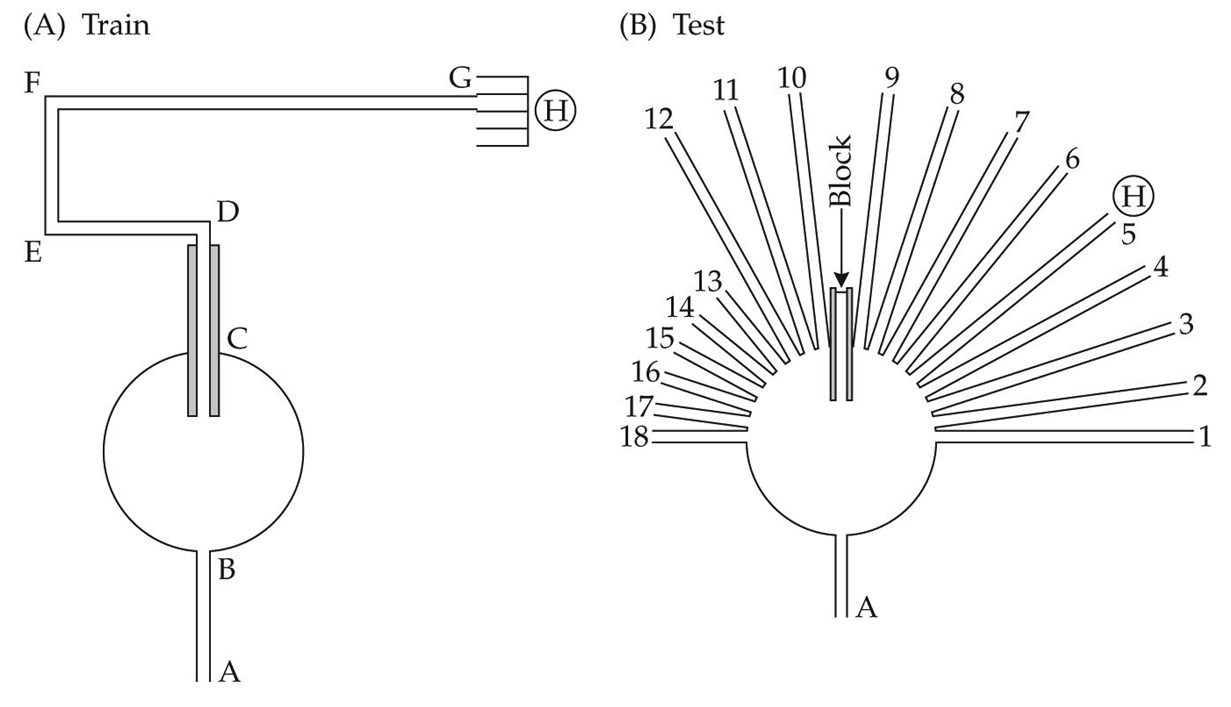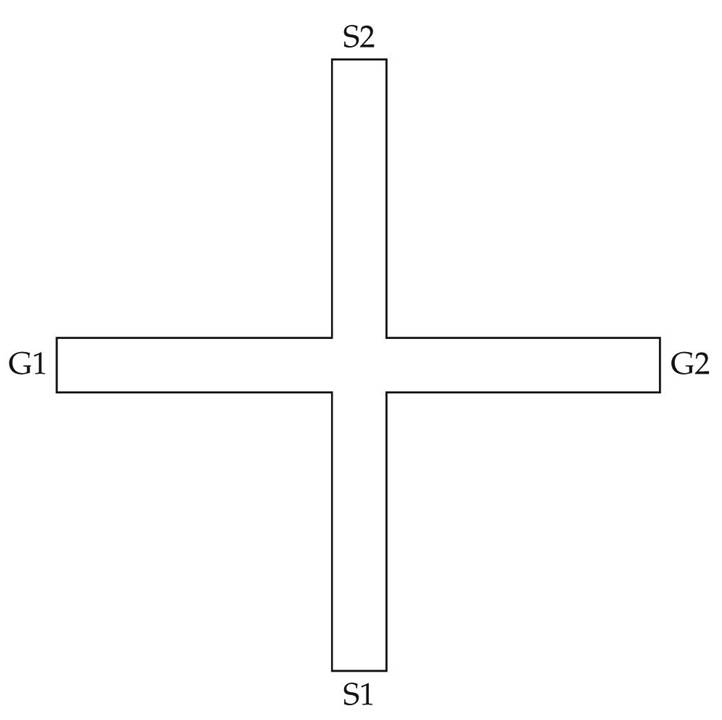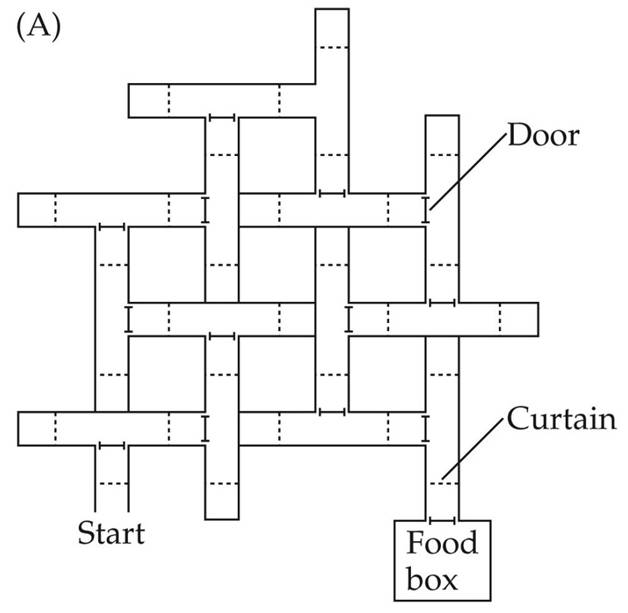Cards In This Set
| Front | Back |
|
Non-associative learning
|
-habituation
-sensitization -S* learning (biological significance) -basically a single stimulus |
|
Associative learning
|
Classical/pavlovian vs. instrumental/operant
S-S* vs. R-S* |
|
What is R-S* learning?
contrast with S-S* learning. |
R-S*=how an animals behavior can influence the occurance of the S* (assoc between a beh and a S*)
-S* is DEPENDENT on the animals behavior -indicates animals can control events in their enviro rather than just adapting to them -goal directed behavior S-S* learning is an association between a stim and a biologically significant event -S* will occur irrespective of the animals behavior |
|
Thorndike
|
-cats in latch boxes
-derived the law of effect |
|
Law of effect
|
-thorndike
-if a response is followed by satisfaction/pleasantness/good then the association between the situation and the response is strengthened -if a response is followed by discomfort/bad, the S-R association will be weakened -its an association between the stimulus and the response -NOTE: thorndike talked about S*-R but we now talk about R-S* |
|
Watson
|
-behaviorist manifesto (psych should be objective-observable behaviors)
-study mental processes by linking them to behavioral outcomes -give me a dozen healthy infants.... -little albert |
|
Tolman
|
-gets away from strictly behaviorist notion
-association between stim and GOAL, not stim and response -responses can then be flexible in attaining that goal -e.g. rats in water maze |
  |
-example of goal learning (tolman)
-if rat was doing response learning then on second maze they would try going straight, instead they learned the general layout of maze and where the food/goal is so they head to exit 5 not straight |
 C:\Users\Margaret\Pictures\Picture1.jpg |
-example of goal learning (tolman)
-consistent place rats rewarded for always going to same goal location regardless of start place-->did better -consistent turn rats rewarded for always turning same way regardless of start place-->did worse -whats more important is learning more about whats going on in general rather than specifically |
 C:\Users\Margaret\Pictures\Picture2.jpg |
-example of goal learning (tolman)
-r group: rewarded when reach goal location -nr group: never rewarded -nr-r group: rewarded after 10 trials -nr-r group had sudden improvement after rewards began=they were learning about the maze in the beginning even though they werent being rewarded -suggests a learning vs. performance distinction (whats actually learned is not always evident in behavior) |
|
Skinner
|
-response is considered an operant (behavior controlled by its consequences--reinforcer)
-behavior can be controlled by either its antecedents (respondent behvior/classical conditioning) or its consequences (operant behaivor) -correlation between S* and R -behavior is voluntary-->lawfully related to the environment (led to radical behaviorism) -skinner box (allows animal to operate on something-observable) -superstitious behviors |
|
Radical behaviorism
|
-skinner
emphasizes the exclusive study of external events (observable stimuli and responses) and avoids any inferences about processes inside the organism |
|
Superstitious behavior
|
-skinner
-random reward leads to bizarre behaviors -innate tendency to see causation in events |
|
Stimulus control
|
-skinner
-an operant response's occurance is dependent on a stimulus that set the occasion for it (precedes it) |
|
Discriminative stimulus
|
SD
-a stimulus that sets the occasion for, rather than eliciting a response -stim that signals whether the response will be reinforced or not -Sdelta sets the occasion for not responding |



